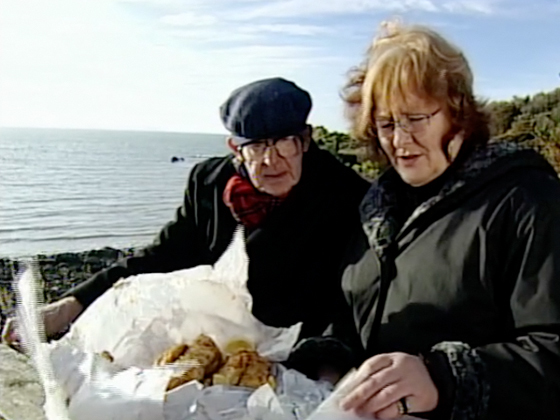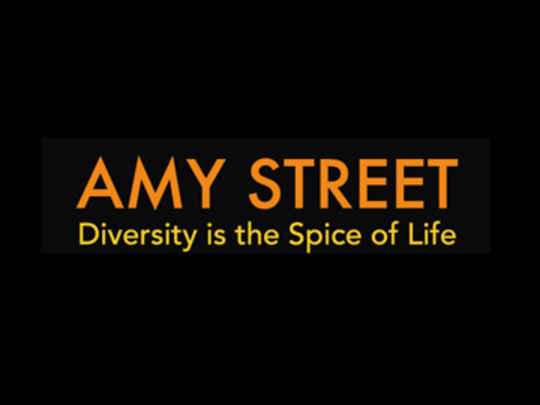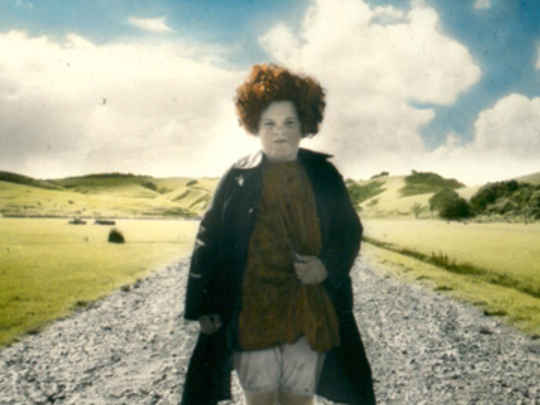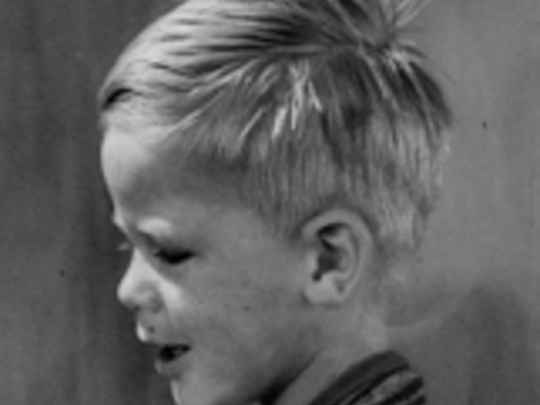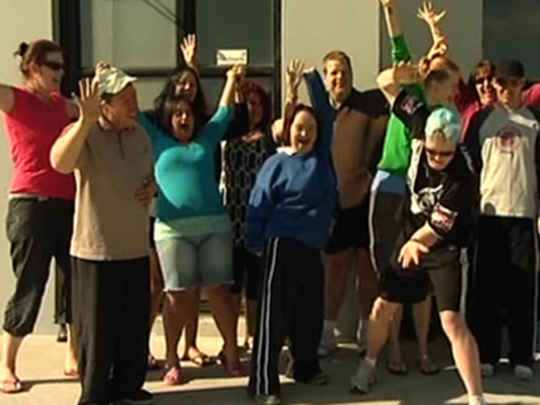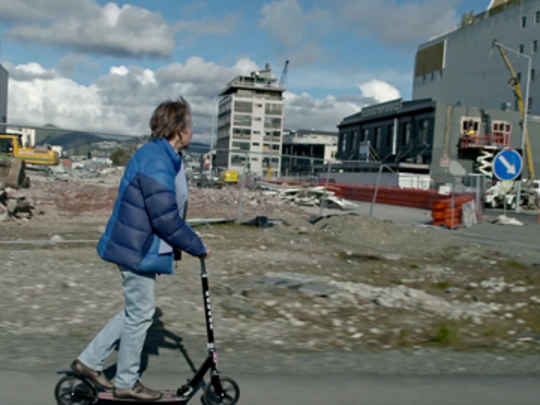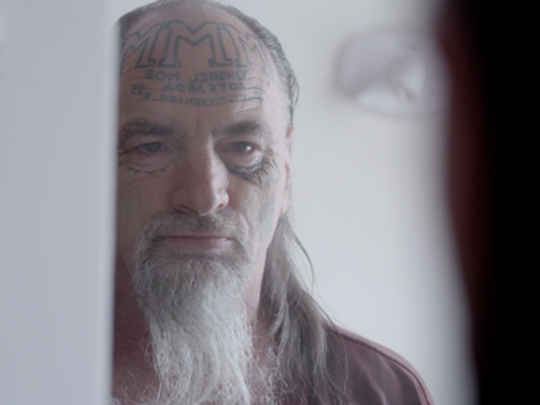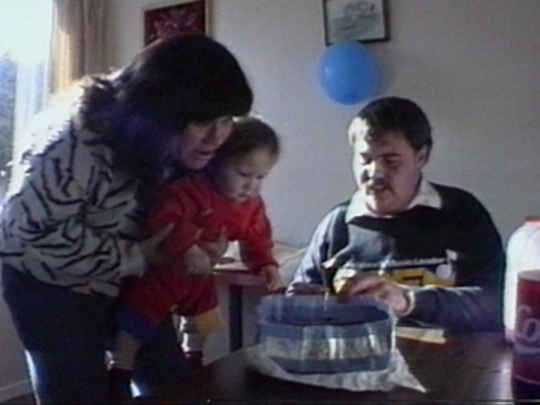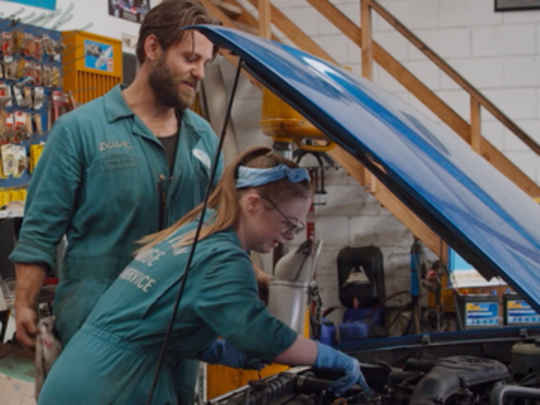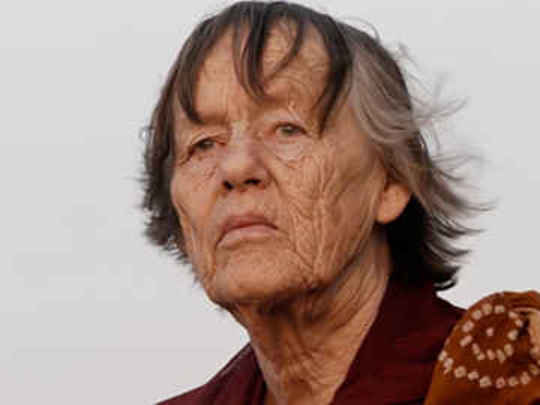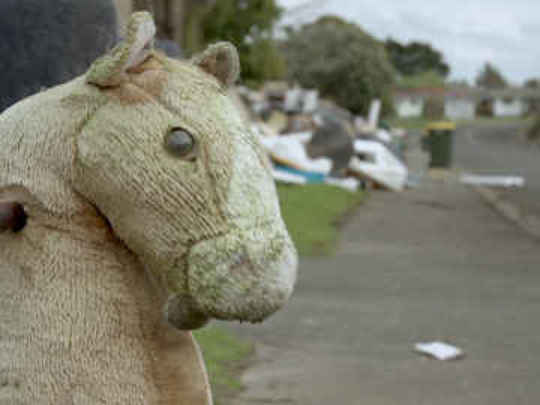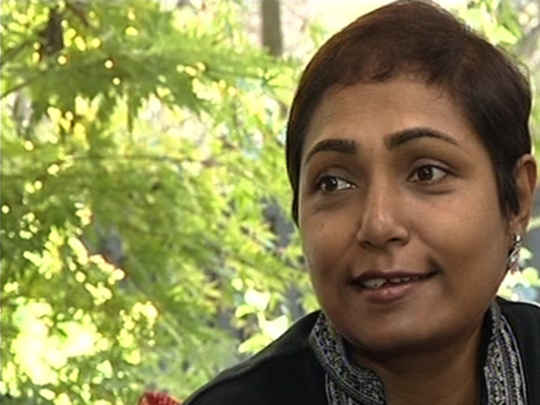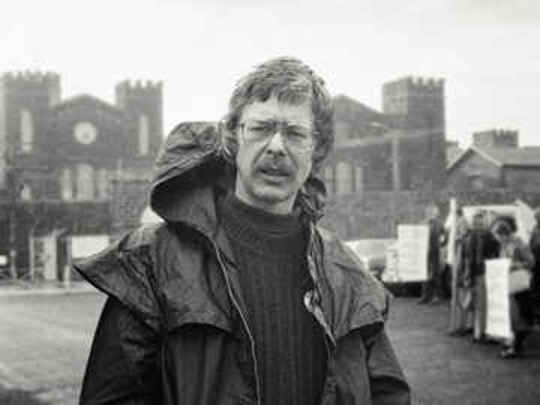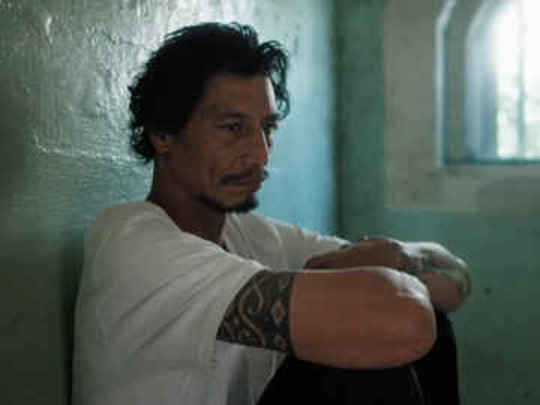Smyth spent eight months filming, accruing an enormous archive of observational footage, interviews with the residents and their lives. “For those months, I almost lived there. I went home only at night. I got to know the people,” he says. He would go on to show his film in parliament, and believes it contributed to politicians finally resolving to close the centre.
– Director and writer Gerard Smyth talks about filming at Templeton, Vice, 6 December 2017
Oh, Mother, save me from Dr Gray / ‘Cause teacher says he’s coming today / And if I’m stupid he’ll take me away ...
– Kiwi nursery rhyme from the 1930s/40s referencing Dr Theodore Gray's belief in eugenics and his practise of sending children to institutions
... Dr Gray was a formidable figure in New Zealand’s health system. A fierce Scotsman, he championed a relatively severe set of eugenic measures, including the compulsory registration of ‘mental defectives’, screening clinics for mental illness, proposing separate 'farm colonies' for people with intellectual disabilities, and sterilisation in some circumstances. In 1927, he became the head of New Zealand’s Mental Hospitals, and began applying his ideas there.
– Background on eugenics practitioner Dr Theodore Gray and his beliefs, Vice, 6 December 2017
I’m probably as proud of this work as anything I’ve ever done. It made a difference, you know?
– Documentary director Gerard Smyth talks about Out of Sight, Out of Mind, Vice, 6 December 2017
In 1911, the Mental Defectives Act was passed, allowing the state to imprison anyone classed as mentally ill or otherwise “defective” for an unlimited period of time. Kai Tiaki, the nurse’s journal, enthusiastically noted the passing of the bill: “by detention of many such, who out in the world would marry and perpetuate their kind, surely something will be done toward stemming the tide of race deterioration, which fills to overflowing our mental hospitals,” it concludes.
– Excerpt from a Vice article explaining the Act that effectively stole Norman Madden's childhood, 6 December 2017
Those days you don't get no break ... you had to work on Christmas, New Year, Boxing Day.
– Ex Templeton resident Lance Stewart remembers how hard he was made to work at the centre
When I first started, when families were approached, there were some siblings of the people at Templeton who never knew they existed, and it was quite an eye opener to see the reactions of some of the families, where some people couldn't get there quick enough to find their lost brother or sister and other people just didn't want to know.
– Former Templeton Centre Parents' Association President Bill McElhinney on the varied responses to the move from institutionalised care towards community care in the 1990s
I've lost 20 years of my life ... The best part of my life's lost. I felt I could have been somebody ... I've always wanted to be a doctor...
– Norman Madden on the pain of looking back on his life in Templeton
You don't forget. Doesn't matter how much counselling you have. I tried to forget.
– Norman Madden on the lifelong emotional scars he endured at Templeton Centre
On the outskirts of some main cities we built peculiarly New Zealand institutions known as 'psychopaedic hospitals'— even the word 'psychopaedic' is said to be coined in New Zealand. These colonies held people deemed 'unfit' to breed.
– Narrator and director Gerard Smyth introduces his documentary
